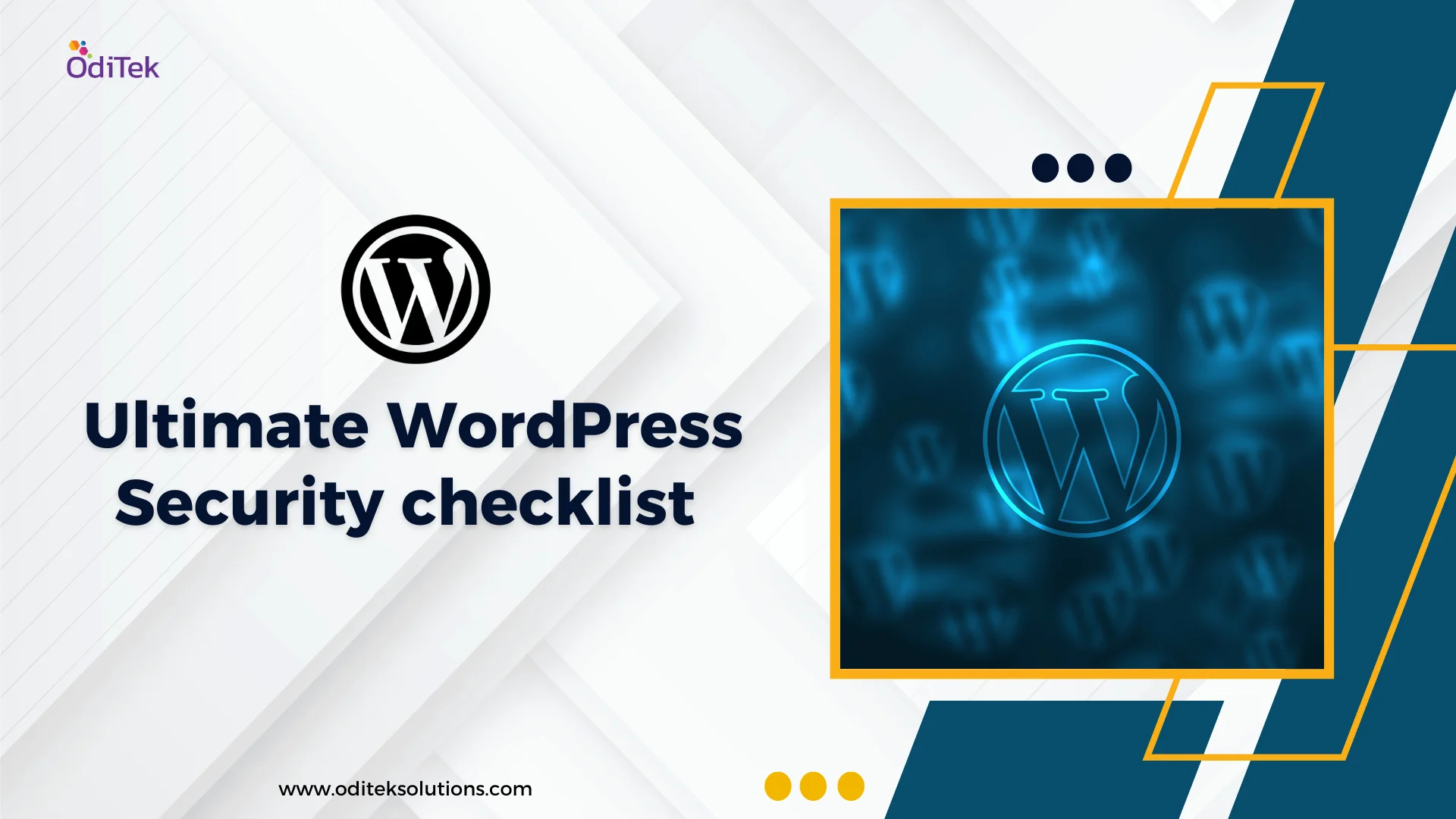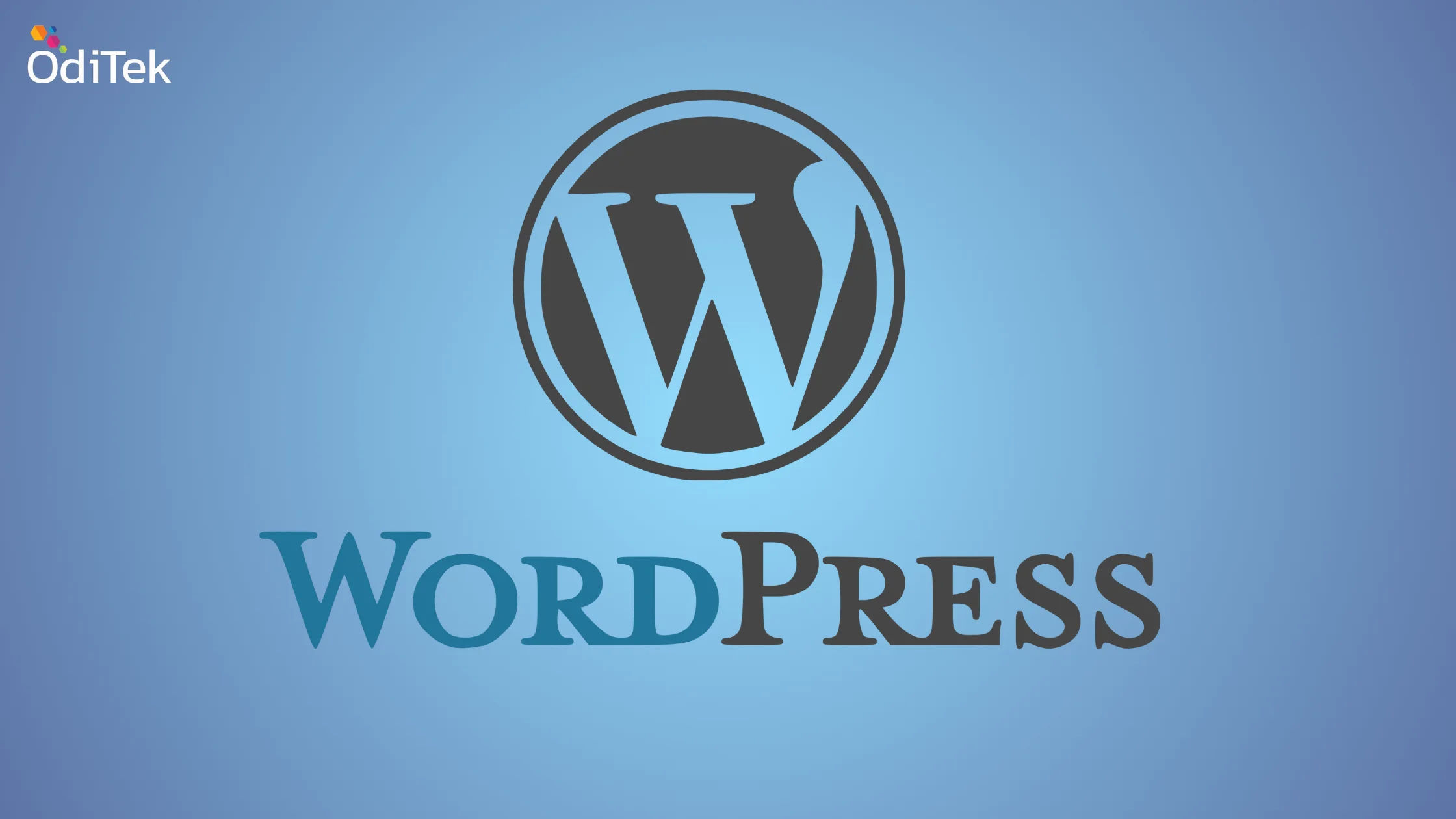WordPress powers a significant portion of the web, making it a popular target for cyber threats. As a site owner, maintaining the security of your WordPress site is paramount to safeguarding your data, reputation, and the trust of your users. WordPress security isn’t just about installing a few plugins; it’s about implementing a comprehensive strategy that covers every potential vulnerability.
Understanding the Importance of WordPress Security
WordPress security refers to the measures taken to protect a WordPress website from cyberattacks, unauthorized access, and data breaches. With millions of websites running on WordPress, hackers are always on the lookout for potential weaknesses they can exploit. A single security breach can lead to significant losses, both financially and in terms of user trust. Hence, enhancing WordPress security should be a priority for every website owner.
Common Security Threats to WordPress Sites
To effectively secure a WordPress site, it’s crucial to understand the common security threats that can affect it:
1. Brute Force Attacks
These involve automated bots trying multiple username and password combinations until they find the correct one. Without proper security measures, your site can be easily compromised.
2. SQL Injections
Hackers exploit vulnerabilities in your site’s database to execute malicious SQL queries, potentially gaining access to sensitive data or taking control of your site.
3. Cross-Site Scripting (XSS)
This attack occurs when hackers inject malicious scripts into your website, which can then be executed in the browsers of users visiting your site.
4. Malware
Malicious software that can infect your site and compromise its functionality, steal data, or even distribute further malware to your visitors.
5. Phishing
Cybercriminals create fake versions of your site to trick users into providing sensitive information, such as login credentials or credit card details.
Best Practices to Enhance WordPress Security
Implementing the following best practices can significantly enhance the security of your WordPress site:
1. Keep WordPress Core, Themes, and Plugins Updated
One of the simplest yet most effective ways to secure your WordPress site is by keeping everything up to date. WordPress core, themes, and plugins regularly receive updates that patch security vulnerabilities. Failing to update them can leave your site exposed to known threats.
2. Use Strong, Unique Passwords and Change Them Regularly
Weak passwords are one of the most common entry points for hackers. Ensure that all user accounts, especially those with administrative privileges, use strong, unique passwords. Additionally, regularly changing passwords can further reduce the risk of unauthorized access.
3. Implement Two-Factor Authentication (2FA)
Two-factor authentication adds an extra layer of security by requiring users to provide a second form of verification in addition to their password. This could be a code sent to their mobile device or generated by an authentication app.
4. Limit Login Attempts
Brute force attacks rely on repeatedly trying different password combinations. By limiting the number of login attempts allowed within a certain timeframe, you can thwart these attacks. Plugins are available that can automatically block IP addresses after a certain number of failed login attempts.
5. Secure Your WordPress Admin Area
The WordPress admin area is the control center of your website, making it a prime target for hackers. Here are a few ways to secure it:
Change the default login URL: The default login page can be easily accessed by adding “/wp-admin” or “/wp-login.php” to your domain. Changing this URL makes it harder for attackers to find your login page.
Restrict access by IP: Limit access to the admin area to specific IP addresses, reducing the chances of unauthorized access.
Use SSL for encryption: Secure Socket Layer (SSL) encrypts data transmitted between the user’s browser and your server, ensuring sensitive information, like login credentials, is protected.
6. Regularly Backup Your Website
Regular backups are your safety net in case something goes wrong. Should your site be compromised, having a recent backup allows you to restore it quickly. Ensure that backups are stored securely, away from your main server, to prevent them from being compromised as well.
7. Install a Security Plugin
WordPress security plugins can help automate many of the security measures mentioned above. These plugins offer features like malware scanning, firewall protection, login attempt monitoring, and more. Some popular security plugins include Wordfence, Sucuri Security, and iThemes Security.
8. Harden Your Website’s Files and Directories
Restricting access to certain files and directories can help prevent unauthorized users from tampering with critical parts of your site. For instance:
wp-config.php: Move this file to a higher directory than your root to make it harder for hackers to access.
.htaccess: Use this file to control access to files and directories, preventing unauthorized users from viewing them.
9. Monitor Your Site for Suspicious Activity
Regular monitoring helps you detect any unusual activity early on, such as unauthorized logins or changes to your files. Many security plugins offer activity logging and alerting features, so you can stay informed about any potential threats.
10. Educate Users and Team Members
If multiple people have access to your WordPress site, it’s essential to educate them about security best practices. This includes recognizing phishing attempts, using secure passwords, and understanding the importance of keeping everything updated.
Conclusion
WordPress security is not something that should be taken lightly. With the ever-evolving landscape of cyber threats, it’s crucial to stay one step ahead by implementing comprehensive security measures. By following best practices, you can ensure that your WordPress site remains secure, reliable, and trustworthy for your users.
We, at OdiTek, bring extensive expertise in building and securing WordPress sites. Our team is equipped to handle everything from security audits and vulnerability assessments to the implementation of custom security solutions. We’re committed to helping you protect your digital assets, so you can focus on growing your business with peace of mind. Partner with OdiTek to enhance the security of your WordPress site and ensure a robust online presence.







